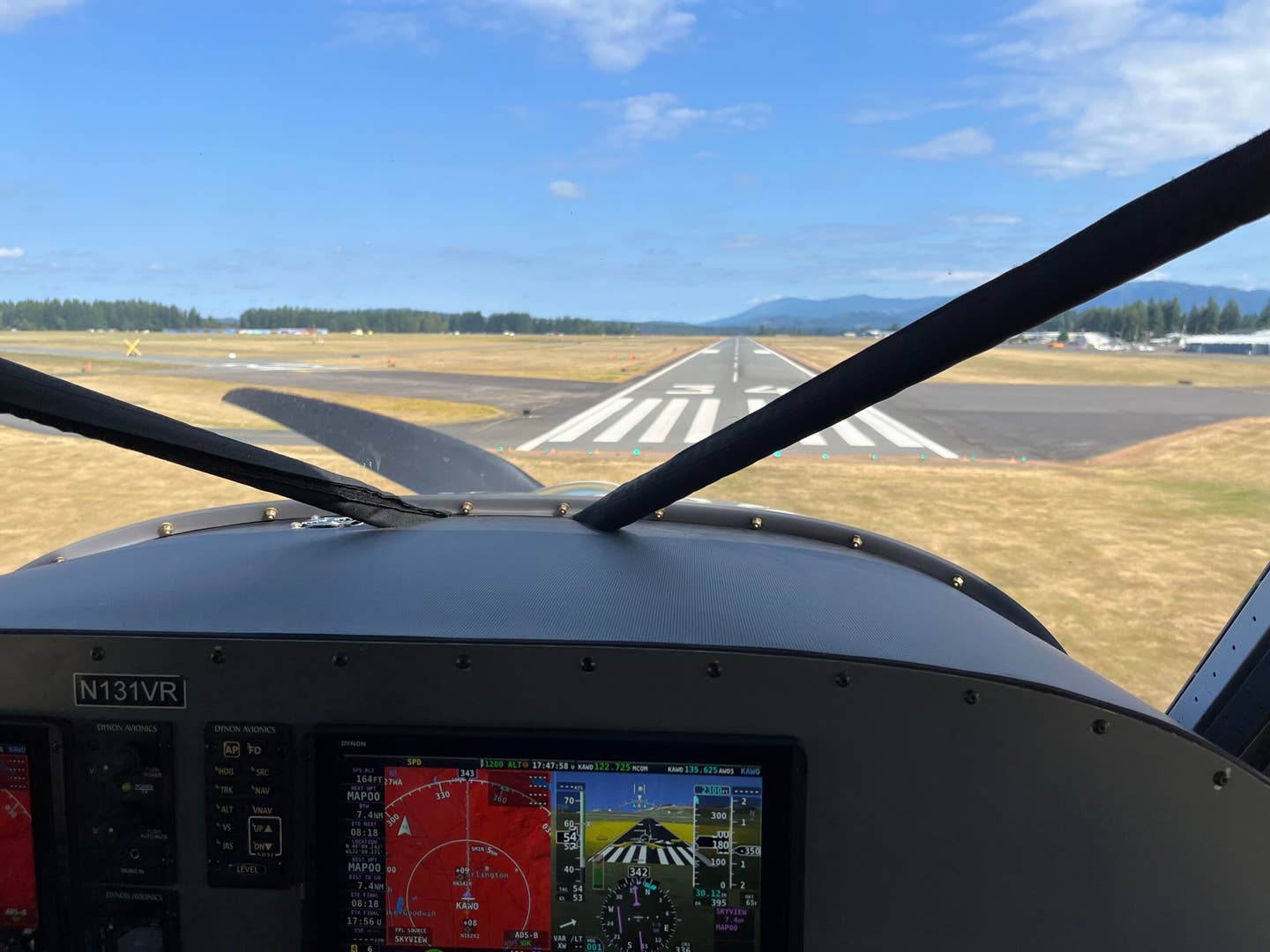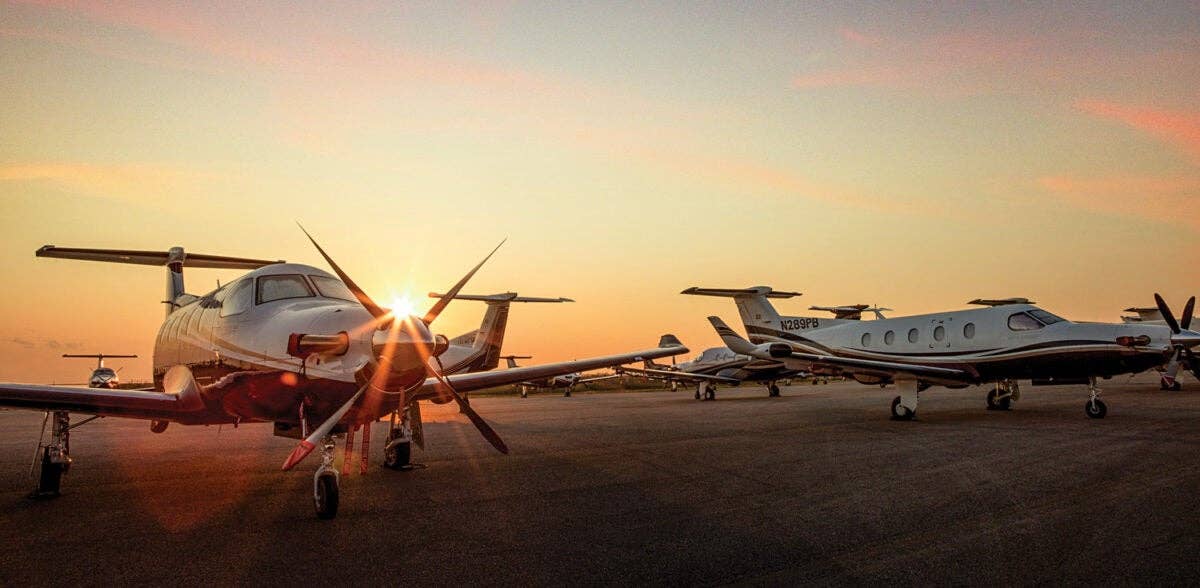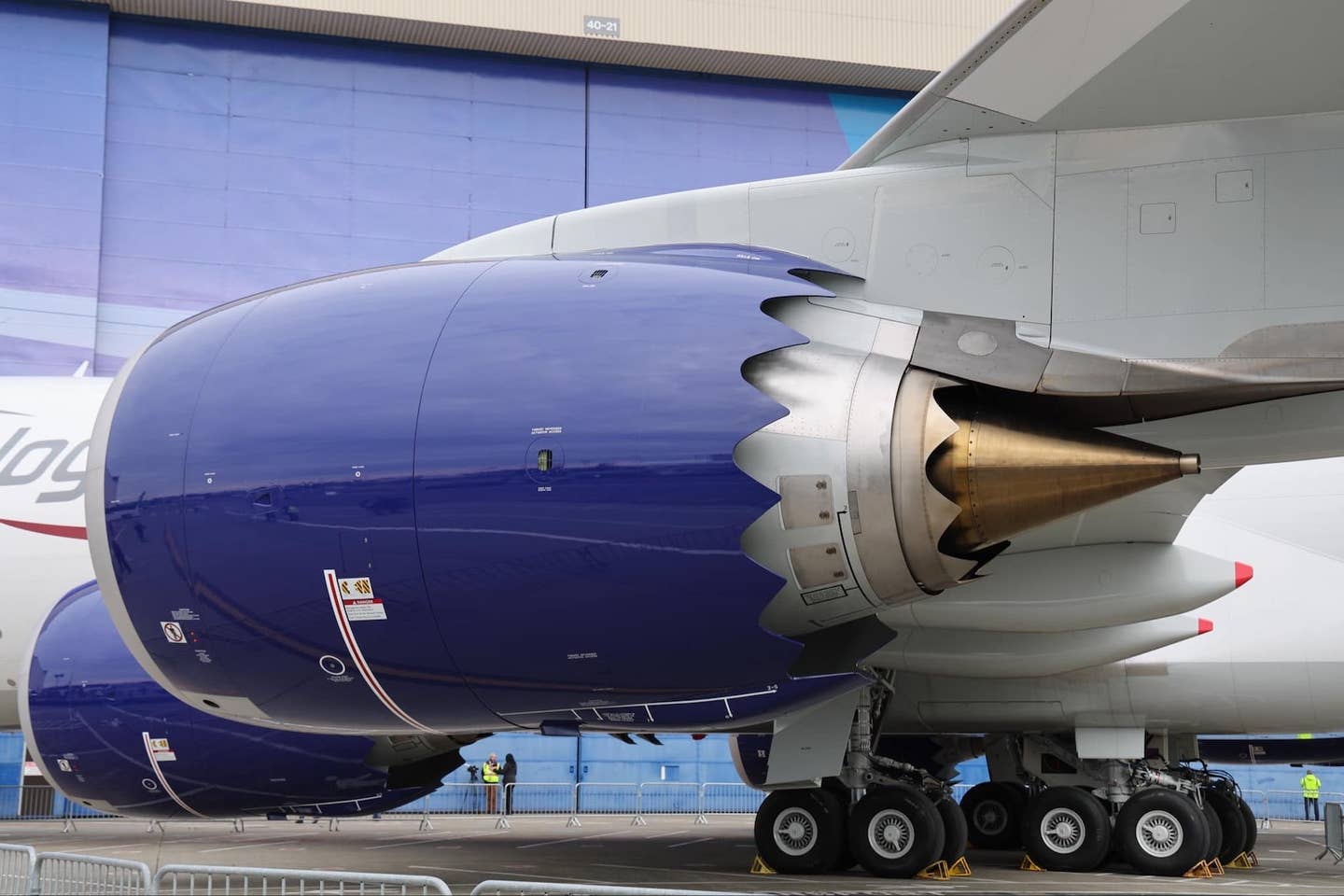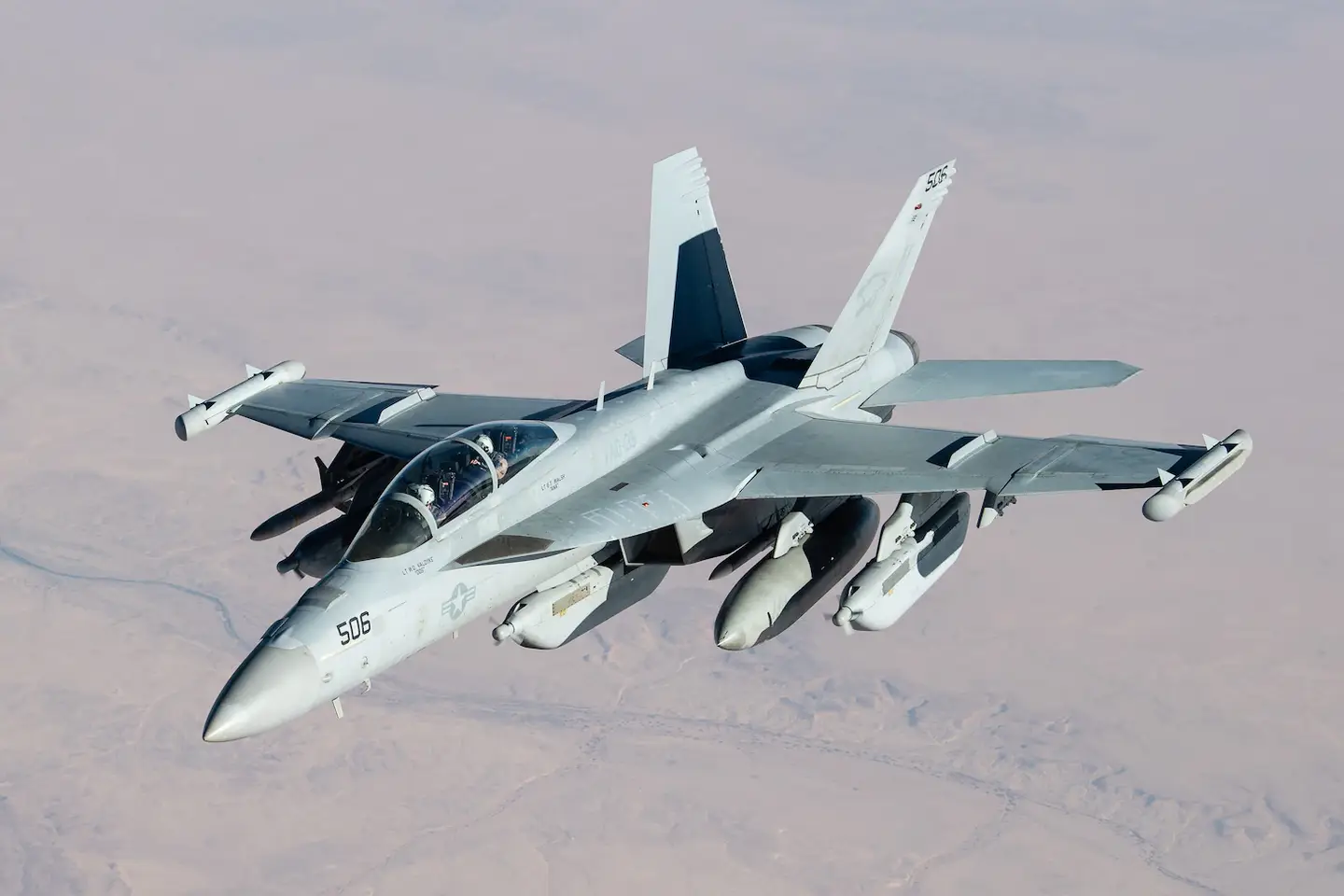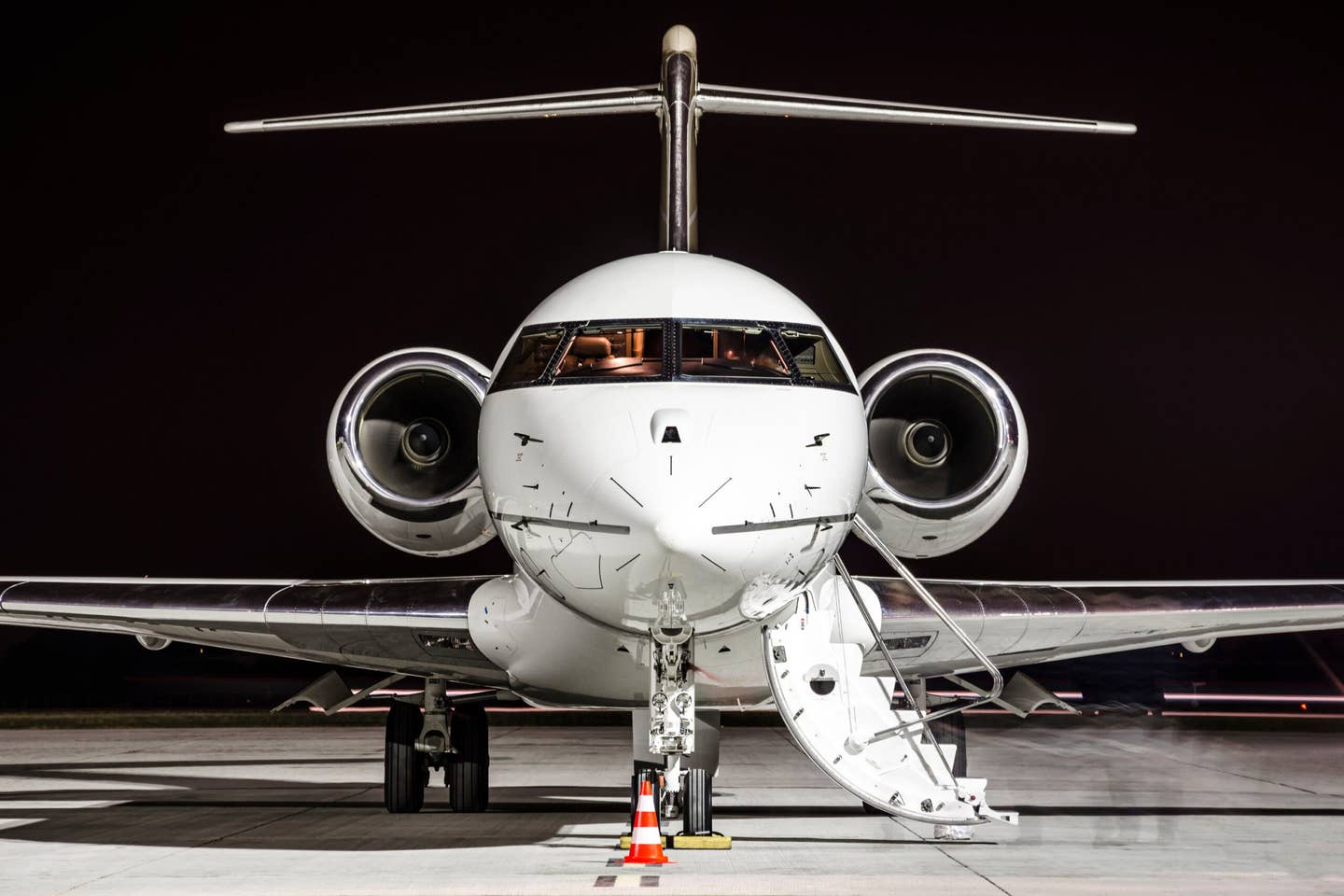Joby Says It’s Making Progress Toward Certification
With Q3 net losses totaling nearly $79M, air taxi-maker promises certification, manufacturing, and commercial operations.
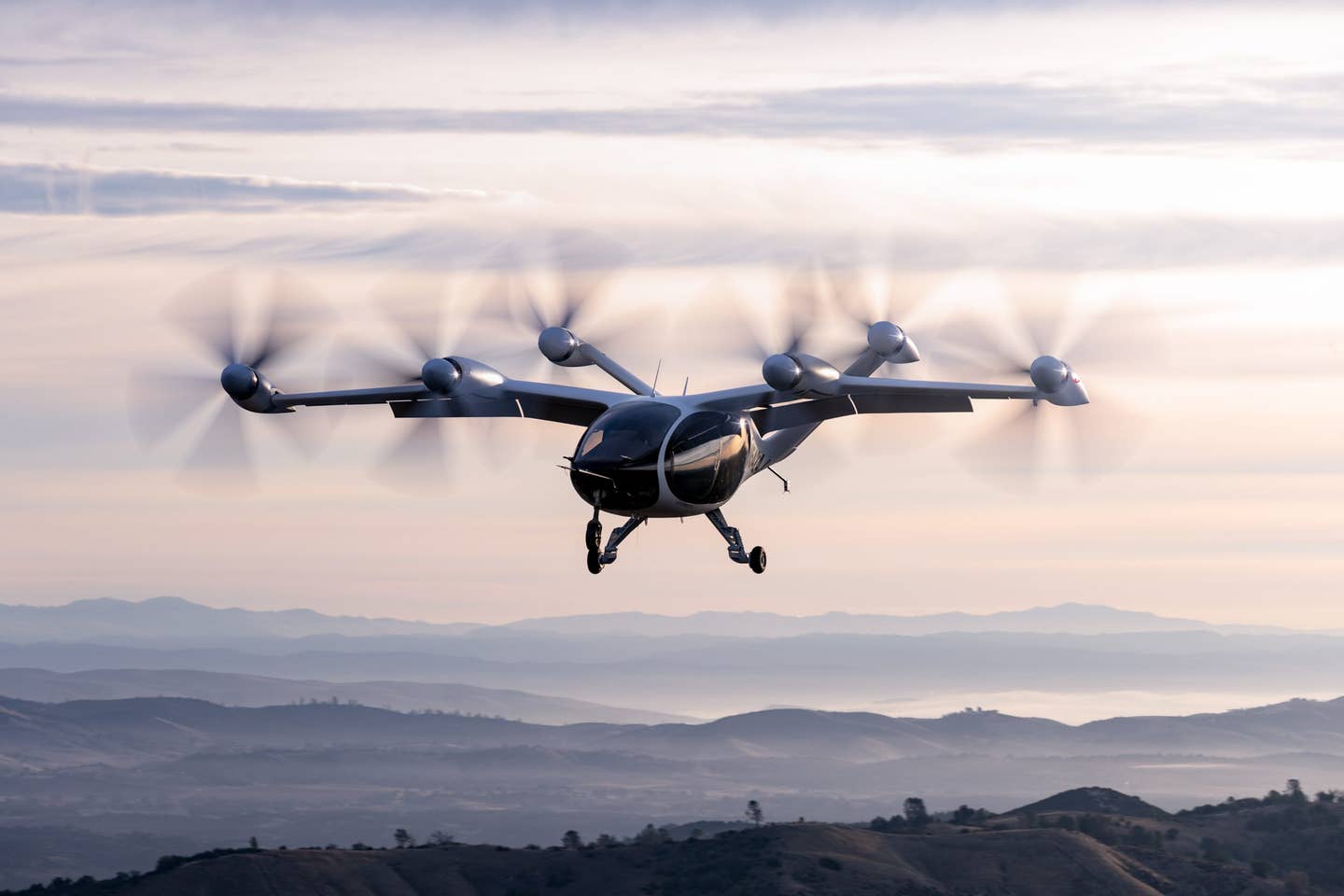
In July, Joby’s prototype successfully completed a 154-mile flight on a single battery charge. [Courtesy: Bradley Wentzel]
Air taxi developer Joby Aviation reported a third-quarter net loss of $78.9 million during its first earnings call as a publicly traded company on Thursday, but said it is a sign of progress and that it remains focused on the future.
The company, based in Santa Cruz, California, attributed the loss to “growth in engineering, certification and early manufacturing activities, as well as the revaluation of SPAC-related warrants and earn-out shares” related to its reverse merger with special purpose acquisition company Reinvent Technology Partners this summer.
The loss is $50.8 million more than Joby (NYSE:JOBY) reported in the third quarter of 2020. The company said it spent $52.1 million on research and development in the quarter. Most of that came from aircraft development and certification activities, as well as manufacturing operations. General and administrative expenses were $15.6 million for the quarter.
Adjusted EBITDA in the third quarter was a loss of $55.9 million. Company representatives attributed this to employee costs, as the company grew to nearly 1,000 employees.
The company also said it has $1.4 billion in cash and short-term investments.
In addition to manufacturing aircraft, Joby plans to offer an air taxi service. Experts say launching a vertically integrated business model like Joby’s in the aviation sector will be very expensive.
Looking Ahead
Despite the loss, Joby is still considered by Morgan Stanley to be an early standout in the electric vertical takeoff and landing (eVTOL) industry.
The company is developing an aircraft it says will transport four passengers and a pilot, flying up to 150 miles on a single charge with a cruising speed of 200 mph. In July, the prototype successfully completed a 154-mile flight on a single battery charge. Joby’s design features six electric-powered tilt rotors that allow the eVTOL to hover like a helicopter and fly like an airplane.
Joby expects FAA certification for its first eVTOL aircraft in 2023 with commercial service expected in 2024.
The company says it remains focused on long-term goals, including scaling manufacturing at its California facilities, and preparing for commercial operations.
During Thursday’s call, Joby founder and CEO JoeBen Bevirt commended his team. “I’m incredibly proud of what the entire team at Joby has achieved over the last decade.”
He added, “In the last 12 months alone, we passed our 1,000th flight test and became the first eVTOL company to have the FAA sign our G-1 Certification Basis.”
The Uber-backed company plans to offer air taxi service as part of Uber’s already successful rideshare mobile platform. Uber sold its Uber Elevate eVTOL business to Joby late last year.
Recent Achievements
In September, members of NASA’s Advanced Air Mobility National Campaign team visited Joby’s Electric Flight Base near Big Sur, California, to conduct two weeks of testing with the prototype.
The tests allowed NASA to collect information about how the aircraft moved, sounded, and communicated with controllers.
“Their independent analysis will play an important part in supporting public acceptance” of eVTOL, Bevirt said Thursday. “Delivering an aircraft with a low-noise footprint is fundamental to bringing our service closer to where customers want it.”
He later added, “Our success will hinge on our ability to take our customers where they want to go. And building an aircraft that is both quiet—quantitatively and qualitatively—has been a key focus of ours since day one.”
This summer, the company merged with Reinvent Technology Partners, a SPAC company funded by LinkedIn co-founder Reid Hoffman and Zynga founder Mark Pincus, to become a public company. Gross proceeds from the merger, including Uber’s investment (received in the first quarter of 2021), were approximately $1.2 billion.
Wall Street investors have been fawning over the stock since a September report from Morgan Stanley initiated the startup with an overweight rating, with a price target of $16, to imply that Joby’s stock is expected to perform better in the future and beyond others in its market sector, and which gave the stock a boost.
Analysts forecast a potential market worth $1 trillion by 2040. That number could balloon to $9 trillion in 2050, Morgan Stanley said.

Sign-up for newsletters & special offers!
Get the latest FLYING stories & special offers delivered directly to your inbox

